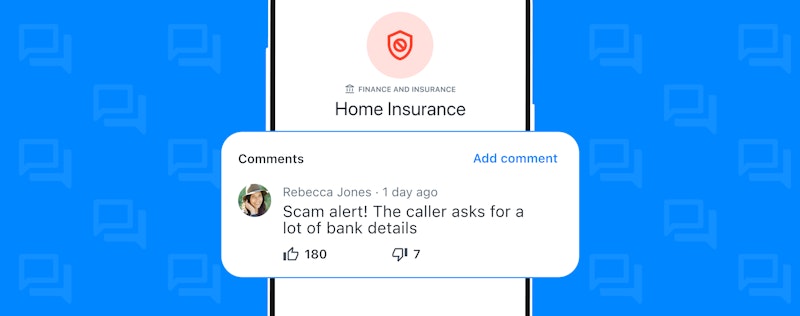
Is It Real or Just a Scam?
Mariana Raymond
Feb 4, 20253 min read
Impersonation scams are getting smarter. They use AI to mimic voices, create fake emails and even pose as people you know. It’s getting harder to tell what’s real and what’s fake, but you can still protect yourself with the right knowledge.
At the heart of these scams is deception. Scammers pretend to be someone you trust. Their goal? To manipulate you into sharing sensitive information or money.
Here are some examples of impersonation scams:
The “Government Official” Call
You receive a call claiming to be from the tax office or immigration department. They say you owe money or your documents are incomplete, and if you don’t pay a fine immediately, you could face legal trouble.
The “Tech Support” Trap
Someone calls claiming to be from Microsoft, Apple, or another tech company, saying your computer is infected with a virus. They ask for remote access or payment to "fix" the issue.
The “Police Officer” Scam
The scammer pretends to be law enforcement, saying that you’re under investigation for a crime, or there’s a warrant for your arrest. They demand payment to “clear” the charges.
The “Social Media Friend” or “Family Member” Scam
You get a desperate message from a friend or relative saying they’re in trouble- stranded, robbed, or in the hospital and need money urgently.
The “CEO Email” Scam
Your “boss” emails you with an urgent request to transfer money to a vendor or buy gift cards for a client. The email looks official, with your boss’s correct name and title, and matches their writing style or tone.
This sounds scary, but all of these scams have similar red flags that you can watch out for:
- Urgency. They will pressure you to act immediately.
- Unsolicited contact. The call, message or email comes out of nowhere.
- Request for personal info. They will ask for passwords, account numbers or sensitive details.
- Unusual payment methods. They will insist on gift cards, cryptocurrency or wire transfers.
- Caller ID Spoofing. The number will look official but isn’t.
How do you protect yourself?
- Stay calm and don’t rush. Scammers want you to act without thinking.
- Double-check information. Contact the person or company directly using their official phone number or website.
- Never share personal details. Don’t give out passwords or bank info to someone who contacts you first.
- Ask questions. If something seems strange, scammers often struggle to provide proper answers.
- Be cautious with payments. If they ask for gift cards or cryptocurrency, it’s likely a scam.
Be alert and cautious when communicating and you’ll be fine!
How can Truecaller help?
Truecaller offers more than just our renowned Caller ID and spam-blocking features; we provide a fortress against fraud. Our technology helps you identify unknown calls and messages, allowing you to block scam attempts proactively, by both calls and texts.
At Truecaller we have made it our mission to build trust in communication. We do our best to help you navigate a world where fraud and unwanted communication are a part of your daily life. Stay updated about recent scams, and watch the latest YouTube videos on how you and the 433 million-strong community of people using Truecaller every month can stay protected. You'll find us on X, Facebook, Instagram, and TikTok.

Mariana Raymond
Feb 4, 20253 min read

